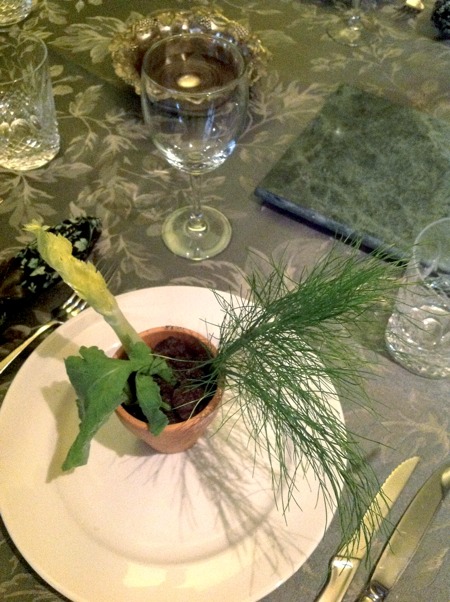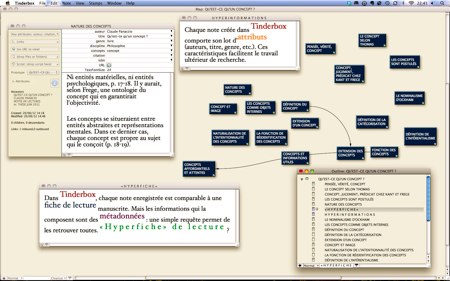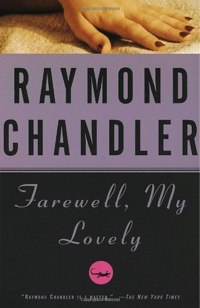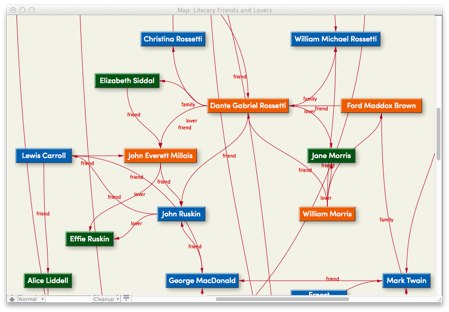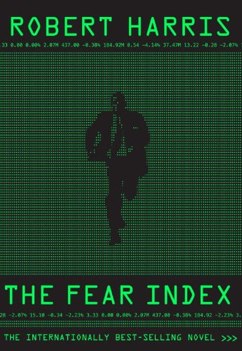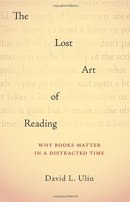by David L. Ulin
I was in City Lights last fall and I wanted to buy a book. Mary Ann In Autumn, was just out in paperback and I wanted to read that, but a tourist in San Francisco buying a single Armistead Maupin was too much of a cliché and this tiny book by the LA Times book critic looked promising. I grabbed it, too.
Ulin frames his story with an argument. His teenage son thinks reading is boring, homework is boring, and that father is boring too. So is The Great Gatsby, which young Ulin has to read for school. Dad disagrees with his son’s scorn for print, absurdly thinking that their disagreement is about literature. They fall for it every time.
But Dad himself is finding it hard to read, hard to concentrate, now that we all have eBooks and the Web and email and cellphones.
Our constant impulse to tweet, to text, to post status updates offers the illusion of intimacy by allowing us to share the most mundane details of existence (“I think I’ll reheat the stir-fry for lunch’”) without revealing anything much of substance at all. Again, I’m not sure I agree with this assessment completely, although it’s impossible not to agree with it in part.
What was the point of writing this? First, Ulin asserts a fact about his own feelings; it may be true or false, but we cannot know. Next, the author asserts that he is unsure he believes what he has just written. Finally, he admits it’s impossible not to agree with the original argument in part. Which part, precisely, is incapable of disagreement? Perhaps so little was asserted in the first place, and that so tenuously, that we cannot find a part with which to disagree because there’s nothing substantial?
What editor thought this passage was a nifty idea?
Perhaps Ulin is no longer as interested as he used to be in books. Maybe he is more deeply engaged by music, or drama, or immersed in the struggle to find a new way of living as the Times slowly collapses. Perhaps he isn’t feeling as young as once he did. Perhaps he has worries. Who doesn’t? Stuff happens, things change. You can’t go skinny-dipping in the same river twice.
Something happens to every reading generation that convinces someone that the end is here, that kids can’t think, that they themselves can no longer concentrate. Today it’s email and Google and Twitter, but only yesterday people said the same thing about television. Before that it was radio. Before that, rum, theater, and all the delights of the city. You see it earlier in complaints about worthlessly feminine forms like the novel.
Besides, when I was in school, the seamlessly immersive mode of reading that Ulin claims to prize was regarded as immature. We learned to read and to think about what we were reading. We were taught to see what the writer did and, at the same time, to figure out how the writer did it. When you came across words you didn’t understand, it was a Good Thing to look them up.
Today, when kids do read this way, Ulin tells them they’re Doing It Wrong. Of course, if they stopped all that and plunged themselves into the perfluent dream, the same title would fit a complaint that kids today don’t think critically. This is a chump’s game: the kids can’t win, whatever they do. Nor can the benighted ebook designers, since whatever they accomplish, it necessarily redounds to the destruction of literature. It always does. No wonder kids today love dystopian fantasy.
What does “the art of reading” entail? It is, first of all, the art of choosing what to read. Ulin is a book reviewer. He might have ideas. But on this question, the book is silent.
In James Cambias’s Readercon panel “Have We Lost the Future,” Jo Walton (who wrote the best book about books in years) observed that Golden Age science fiction would be disappointed to learn that we don’t have a Mars colony or a moon base or even Kubrick’s Pan Am business shuttle to the space station. “But we do have the internet,” she said, “and I’m not sure that I wouldn’t rather have the internet than a vacation in orbit.”
We’re building things that are better than books ever were, but we need to give them a break and meet them with an open mind.
